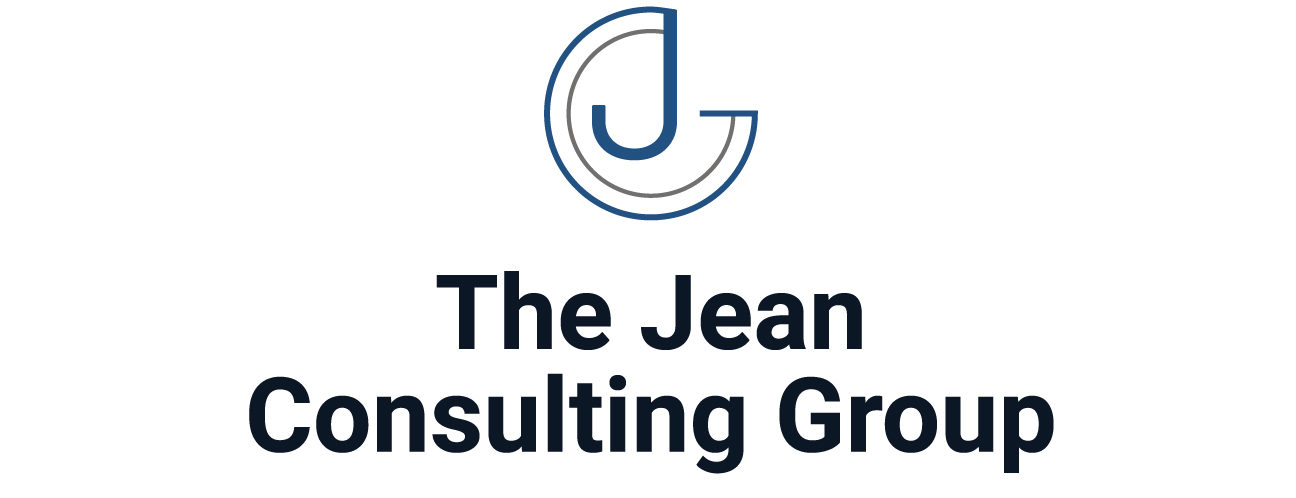In an increasingly competitive business landscape, the strategic alignment of benefits, compensation, and the overall employee value proposition (EVP) with regulatory compliance is essential. Regulatory compliance counsel plays a critical role in this process, ensuring that organizations not only adhere to legal standards but also leverage these requirements to enhance their attractiveness as employers. This article explores how businesses can utilize regulatory compliance counsel to optimize their benefits, compensation strategies, and EVP to attract, retain, and engage top talent effectively.
Enhancing Benefits and Compensation with Legal Insight
The foundation of a compelling EVP lies in a well-structured benefits and compensation package, designed within the framework of regulatory compliance. Compliance counsel ensures that these packages not only meet legal requirements but are also competitive and aligned with industry standards.
- Comprehensive Benefits Analysis: Regulatory compliance counsel conducts thorough analyses of existing benefits packages to ensure they meet all legal obligations, including health insurance, retirement plans, and leave entitlements. They also identify opportunities to enhance these packages in ways that are both cost-effective for the employer and highly valued by employees.
- Strategic Compensation Planning: To maintain competitiveness and compliance, organizations must periodically review and adjust their compensation structures. Compliance counsel guides this process, ensuring adherence to wage and hour laws, equal pay regulations, and other relevant statutes. This legal oversight helps prevent costly litigation and fosters a culture of fairness and transparency.
- Customizing Benefits for Diverse Workforces: Today’s workforce is diverse, with varying needs and preferences. Compliance counsel can advise on tailoring benefits packages to cater to this diversity, such as flexible working arrangements, wellness programs, and professional development opportunities, thereby enhancing the overall EVP.
Building a Robust Employee Value Proposition through Compliance
The EVP encompasses the unique set of benefits that employees receive in return for the skills, capabilities, and experiences they bring to a company. Regulatory compliance counsel is instrumental in shaping an EVP that not only attracts talent but also encourages long-term commitment.
- Legal Framework for EVP Development: By ensuring that the EVP is built on a foundation of compliance, organizations can avoid the pitfalls of non-compliance, including penalties and damage to reputation. Counsel’s expertise in labor law helps in crafting policies that are both attractive to employees and legally sound.
- Incorporating Compliance into Employer Branding: A commitment to compliance, particularly in benefits and compensation, can be a strong component of employer branding. Regulatory compliance counsel can help communicate this commitment to current and prospective employees, reinforcing the organization’s reputation as an ethical and employee-centric employer.
- Ensuring Transparency and Equity: Regulatory compliance counsel plays a critical role in ensuring that all aspects of the EVP are communicated transparently and applied equitably across the organization. This transparency builds trust and loyalty among employees, crucial components of a strong EVP.
Conclusion
Leveraging regulatory compliance counsel in the development and implementation of benefits, compensation strategies, and EVP is crucial for organizations aiming to attract and retain top talent. Through strategic legal guidance, businesses can ensure their offerings are not only compliant but also competitive and aligned with employee needs and preferences. This approach not only mitigates legal risks but also enhances the overall attractiveness of the organization as a great place to work, thereby supporting long-term business success and employee satisfaction.




